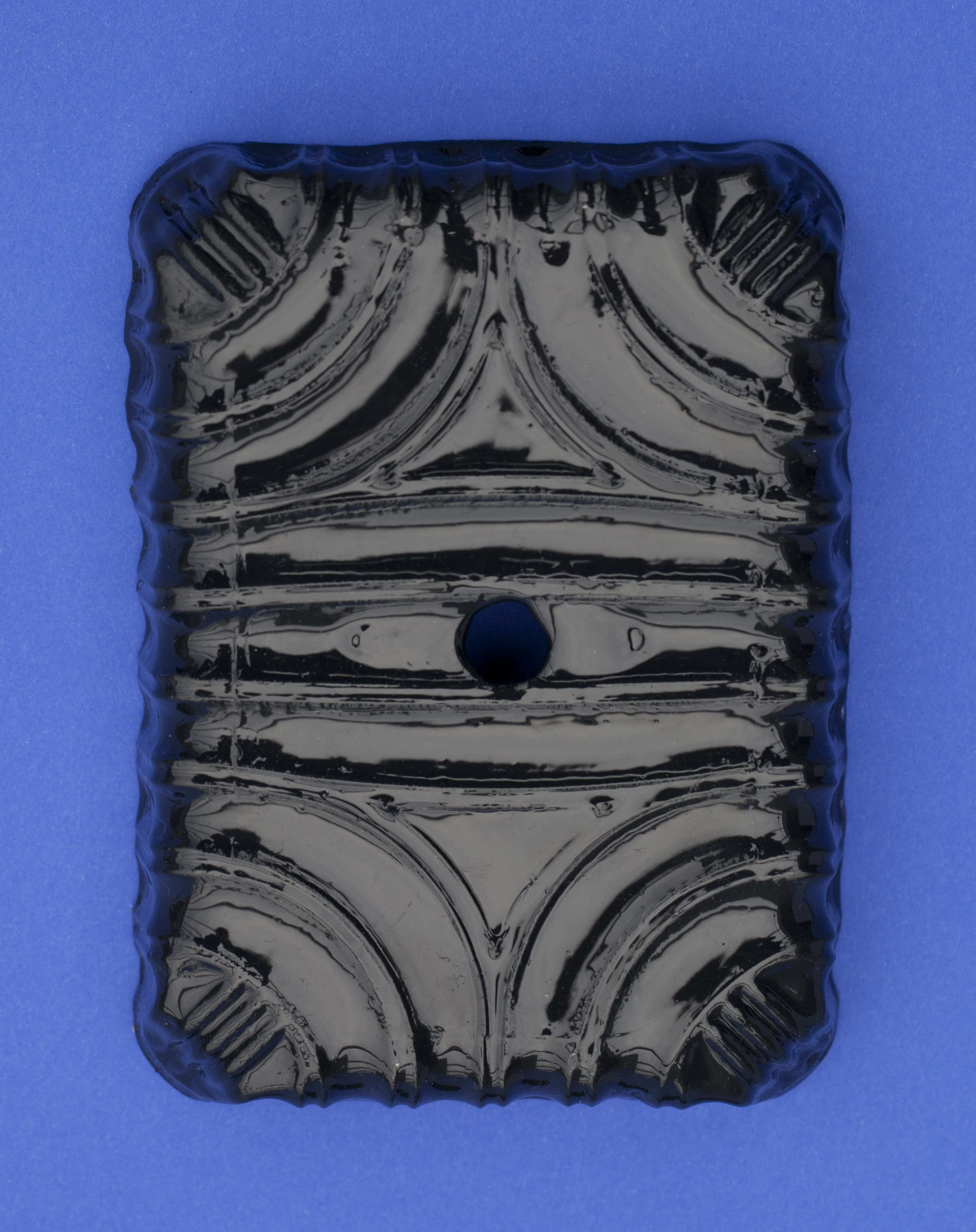«I love plastic of any kind; I like the shape of pipes, tubes [...] this plastic tube, I like it very much in the artistic sense, in the art-world sense. It’s very unheroic, unmonumental. A plastic tube is not comical, it’s not strong enough to be comical, but it is never serious. Even the biggest piece of plastic pvc pipe won’t be serious. It will always be plastic tubing, it doesn’t lend itself to being phallic at the same time. You think it would become phallic, but it never does — or only in a silly way, and then it can be a little more humorous. So I like the passivity of it, the non-heroic side of it.»
Jimmie Durham - 2004
Fetishism in a post-industrial time
Industrial animists greatly consider the tactile and visual
attraction of certain common products. This recognition and
the misuse of objects lead to a sensorial worship and physical
adoration.
Various common materials are crafted in representations of
spirits or deified. Shrines akin composition, lustrous ceramics
amulettes, faceted metal, are celebrating the shapes and rawness
of the products. Plastic raincoats are worn and blown of air, in a
singular or collective action, in the quest of connection with the
elements (plastic, artificial wind...)
Healing rituals rely on the hacking of various mundane products.
With ad-hocists montages of objects and technologies they share
together of a sensorial communion with manufactured materials.
Often practised as a physical energy sourcing, these gatherings
can also be initiation rites.
Industrially made materials surround us and are witnesses of our mass
production era.
Mass manufactured items could potentially become icons of our time.
By taking them beyond their practical functionality, humans empower
these objects with supernatural values, giving them the status of fetish.
This super-appropriation could lead to various interactions : meaningful
crafts, intimate relations, ritualistic actions. In other words give rise to
the notion of Industrial animism.
Animism is the belief that natural physical entities possess a spiritual
essence. It is a universal and timeless characteristic of humankind : a
peculiar relation to surrounding materiality which humans developed at
the origin in nature.
Even though our direct environment has shifted into a complete
manufactured realm, this hard-wired human feature is resilient and will
perpetuate. There are nowadays various manifestations of this animism,
but often repressed or disguised in our fideist consumption.
©H-C-W_2013









